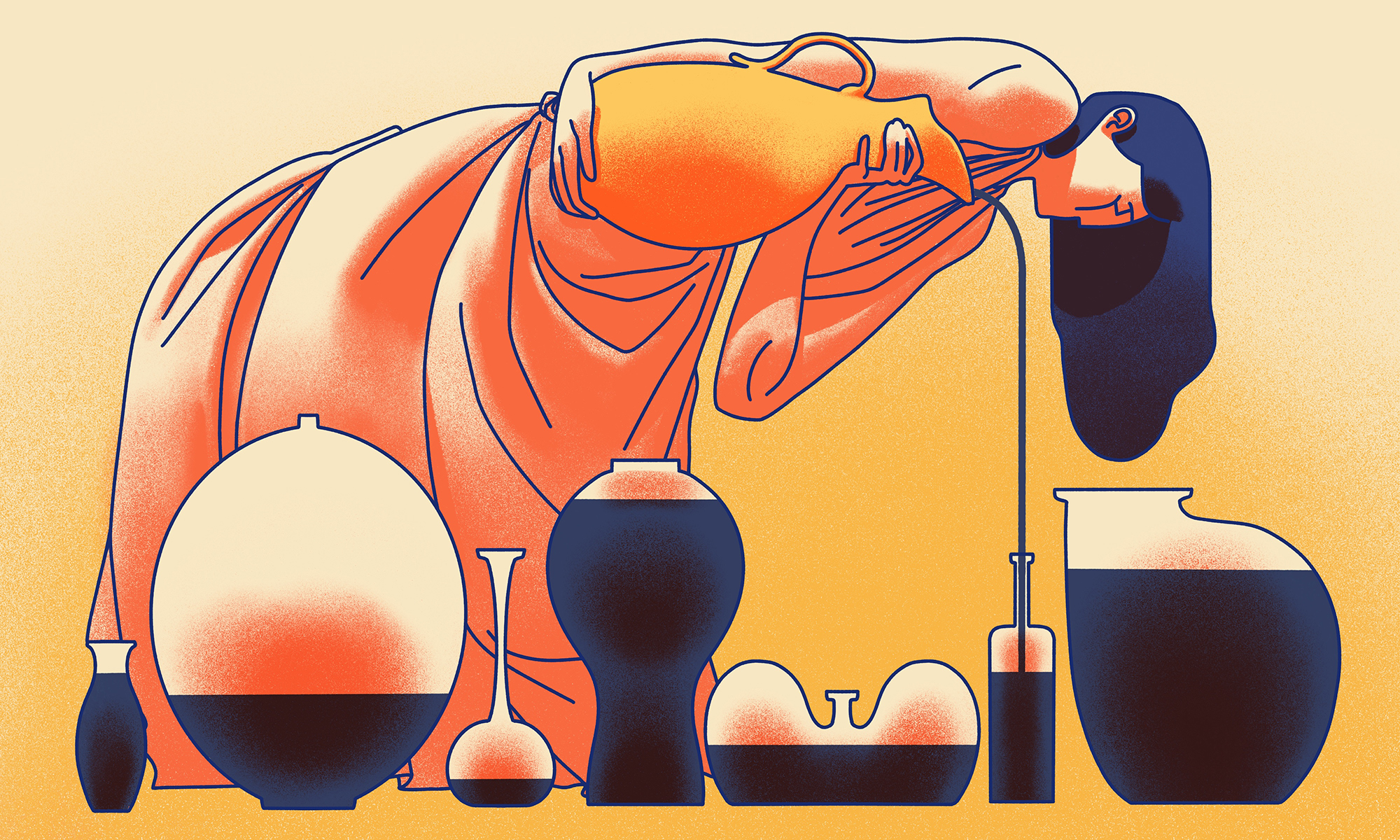Alapfogalmak
Rest is not just about sleep; it encompasses physical, mental, sensory, creative, emotional, social, and spiritual aspects to restore balance and well-being.
Kivonat
In a fast-paced world where exhaustion is prevalent, understanding the seven types of rest essential for rejuvenation is crucial. Physical rest involves both passive activities like sleeping and active practices such as yoga. Mental rest requires breaks to declutter the mind. Sensory rest involves unplugging from stimuli to reduce overwhelm. Creative rest sparks inspiration through nature or art appreciation. Emotional rest necessitates authentic expression and setting boundaries. Social rest involves nurturing relationships that uplift rather than drain. Spiritual rest connects individuals to a deeper sense of purpose beyond the physical realm.
The 7 types of rest that every person needs
Statisztikák
"Sleep and rest are not the same thing."
"We’re suffering from a rest deficit because we don’t understand the true power of rest."
"Schedule short breaks to occur every two hours throughout your workday."
"Intentional moments of sensory deprivation can begin to undo the damage inflicted by the over-stimulating world."
"Creative rest reawakens the awe and wonder inside each of us."
"Emotional rest also requires the courage to be authentic."
"To experience more social rest, surround yourself with positive and supportive people."
"Spiritual rest is the ability to connect beyond the physical and mental and feel a deep sense of belonging, love, acceptance, and purpose."
Idézetek
"Sleep should equal restoration in seven key areas of your life."
"Fatigue can also be associated with numerous health problems."
"To receive spiritual rest, engage in something greater than yourself."
Főbb Kivonatok
by Saundra Dalt... : ideas.ted.com 01-06-2021
https://ideas.ted.com/the-7-types-of-rest-that-every-person-needs/
Mélyebb kérdések
How can society shift its focus from productivity alone to include holistic well-being?
Society can shift its focus by promoting a culture that values and prioritizes holistic well-being over mere productivity. This can be achieved through education and awareness campaigns highlighting the importance of rest in all its forms - physical, mental, sensory, creative, emotional, social, and spiritual. Encouraging individuals to take breaks throughout the day, engage in activities that promote relaxation and restoration, and fostering environments that support work-life balance are essential steps towards this shift. Companies can also play a significant role by implementing policies that prioritize employee well-being, such as flexible working hours, mental health resources, and encouraging open communication about stress levels.
What are potential drawbacks or limitations in categorizing different types of rests?
While categorizing different types of rests is beneficial for understanding the diverse needs of individuals when it comes to restorative practices, there are potential drawbacks or limitations to consider. One limitation is the subjective nature of rest - what works for one person may not work for another. Categorizing rests into distinct types may oversimplify complex human experiences and needs. Additionally, rigidly defining specific categories of rest may limit creativity and individualized approaches to self-care. It's important to recognize that each person's journey towards well-being is unique and may require a personalized approach rather than fitting into predefined categories.
How does one's environment impact their ability to achieve various forms of necessary rests?
One's environment plays a crucial role in their ability to achieve various forms of necessary rests. For physical rest, having a comfortable sleeping space free from distractions is essential for quality sleep. Mental rest can be influenced by workplace conditions - a noisy or stressful environment can hinder concentration and lead to burnout. Sensory rest requires minimizing external stimuli like bright lights or loud noises which could disrupt relaxation efforts. Creative rest thrives in inspiring surroundings with elements that spark imagination and innovation.
Emotional rest necessitates safe spaces where individuals feel supported enough to express their feelings authentically without judgment or pressure.
Social rest relies on positive relationships within one’s community whether virtual or physical; supportive connections contribute significantly towards feeling emotionally recharged.
Lastly,
spiritual
rest involves engaging with practices like meditation or prayer which often benefit from serene environments conducive
to reflection
and connection beyond oneself.
Creating environments tailored
to each type
of required
rest enhances an individual’s capacity
for rejuvenation,
ultimately contributing positively
to overall well-being
0
